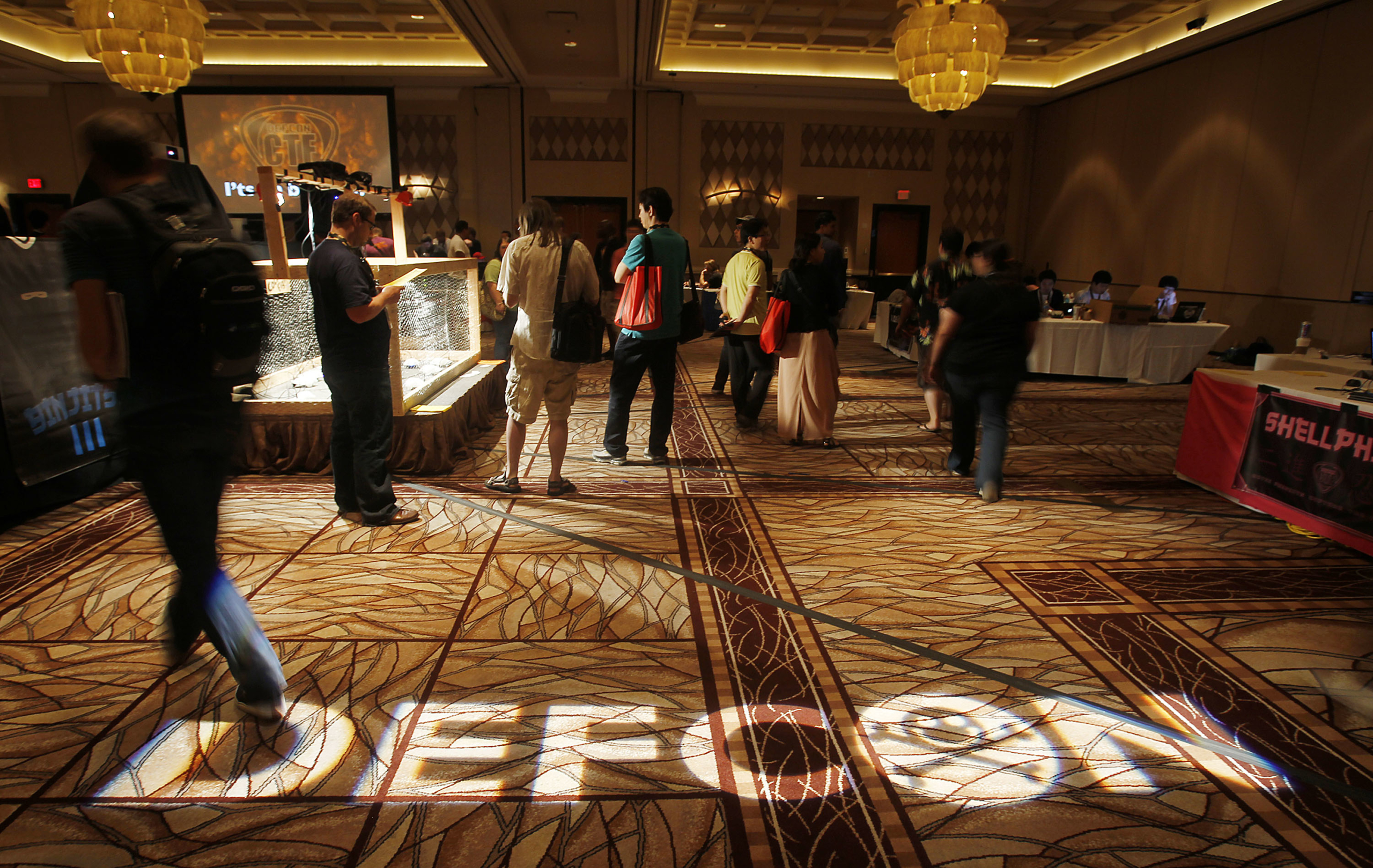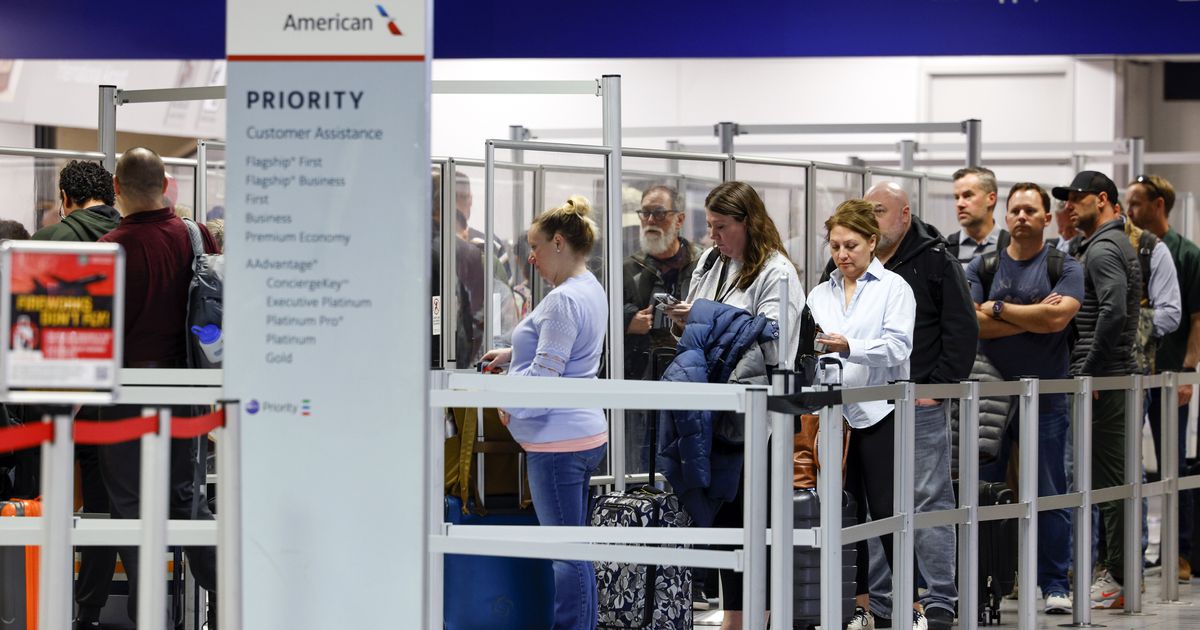Learn “How to keep your computer (and you) safe at meeting Monday
The next Orion program will take place at 7 p.m. Monday at the City Room (A-111) of the Coffey/McNally Building, Roane State Community College, Oak Ridge Campus. The program is open to the public. James A. Rome will speak on, “How to keep your computer (and you) safe.”

Rome received all his degrees from Massachusetts Institute of Technology (MIT) (and came to Oak Ridge in 1971, according to a news release. Personal computers were just starting to be available, and he teamed with George Kelley to write a scientific graphics program (GraphiC). He worked in Oak Ridge National Laboratory’s Fusion Energy Division, specializing in configuration design and following charged particle orbits in fusion devices. After about 20 years he switched to the Computer Science and Mathematics Division, where he studied air traffic and compartmented mode (multi-level secure) workstations. He was in charge of ORNL computer security for the National Science Foundation’s TeraGrid, a Gbps network, connecting supercomputers and facilities at many universities. He also created a public key infrastructure to allow secure, encrypted logins and access to online Lab Notebooks.
Currently retired, he is president of the Oak Ridge Civic Music Association, and runs websites for Oak Ridge Civic Music Association, Friends of ORNL, Keep Anderson County Beautiful, and his own site at https://jamesrome.net/blogs. He has a fully-loaded Mac Studio, a Linux computer, a Windows computer, and a Windows laptop. He is agnostic about which is the best platform. Computer security is a passion.
A description of the talk follows.
Computer crime is a multi-trillion dollar “business” and it is important that you not be its victim. Unfortunately, this takes eternal vigilance and updating. “It is working, so leave well enough alone” does not work in these perilous times. Software must be updated weekly. Once a cell phone or computer no longer gets security patches, it must be replaced. Phishing and identity theft are the worst attack vectors. Even sophisticated users can fall into a trap. Social media prevent you from having full control. My Facebook and Twitter accounts direct people to my personal Web site. There really…





